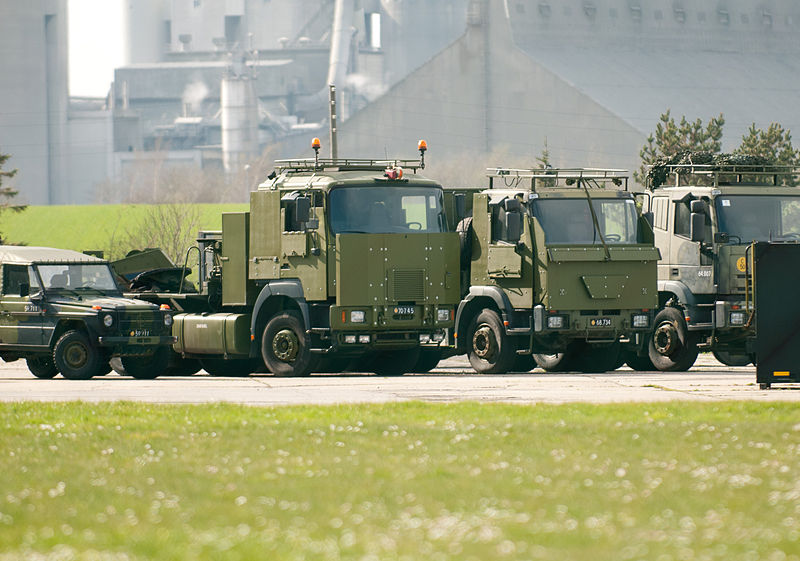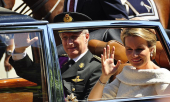
Denmark is set to increase its military presence significantly over the next ten years as the government plans to invest 143 billion kroner in defense. With the backing of a broad parliamentary
majority, Denmark aims to fulfill NATO's requirement for member countries to spend 2 percent of their GDP on defense by 2030.
The decision to bolster defense capabilities comes as the world faces increasing volatility, with the ongoing conflict in Ukraine posing a threat to European security. Last year, a majority of Danish citizens voted in favor of joining the EU's defense cooperation, ending a longstanding opt-out that had been in place since 1993.
The government parties, along with left bloc duo Radikale and SF, and the entire blue bloc, including Liberal Alliance, Konservative, Danmarksdemokraterne, Dansk Folkeparti, and Nye Borgelige, supported the investment, while Enhedslisten and Alternativet stood outside the agreement.
Acting Defense Minister Troels Lund Poulsen hailed the agreement as a "milestone" that will provide a "historic and much-needed boost" to Danish defense. Recognizing the severity of Russia's actions in Ukraine, Poulsen emphasized the importance of broad support for Danish defense and security policies.
The investment will enable Denmark's Armed Forces to expand, with a significant focus on arms procurement. Additionally, Denmark will take a more active role in security and defense cooperation within the EU, including participating in military missions and operations.
The allocated spending includes 27 billion kroner for infrastructure improvements, IT development, and personnel enhancement over the next decade, as well as 11 billion kroner for necessary investments in personnel and equipment. The budget for this year alone amounts to 6.7 billion kroner, with annual spending projected to reach 19.2 billion kroner by 2032.
The decision to increase defense spending reflects Denmark's commitment to contribute to common security in NATO, the EU, and alongside allies and partners. As Denmark emerges as a more prominent player in the defense arena, its military presence will become increasingly visible, signaling a shift in the country's approach to national security. Photo by heb@Wikimedia Commons (mail), Wikimedia commons.



































